How to Salvage Cast Iron
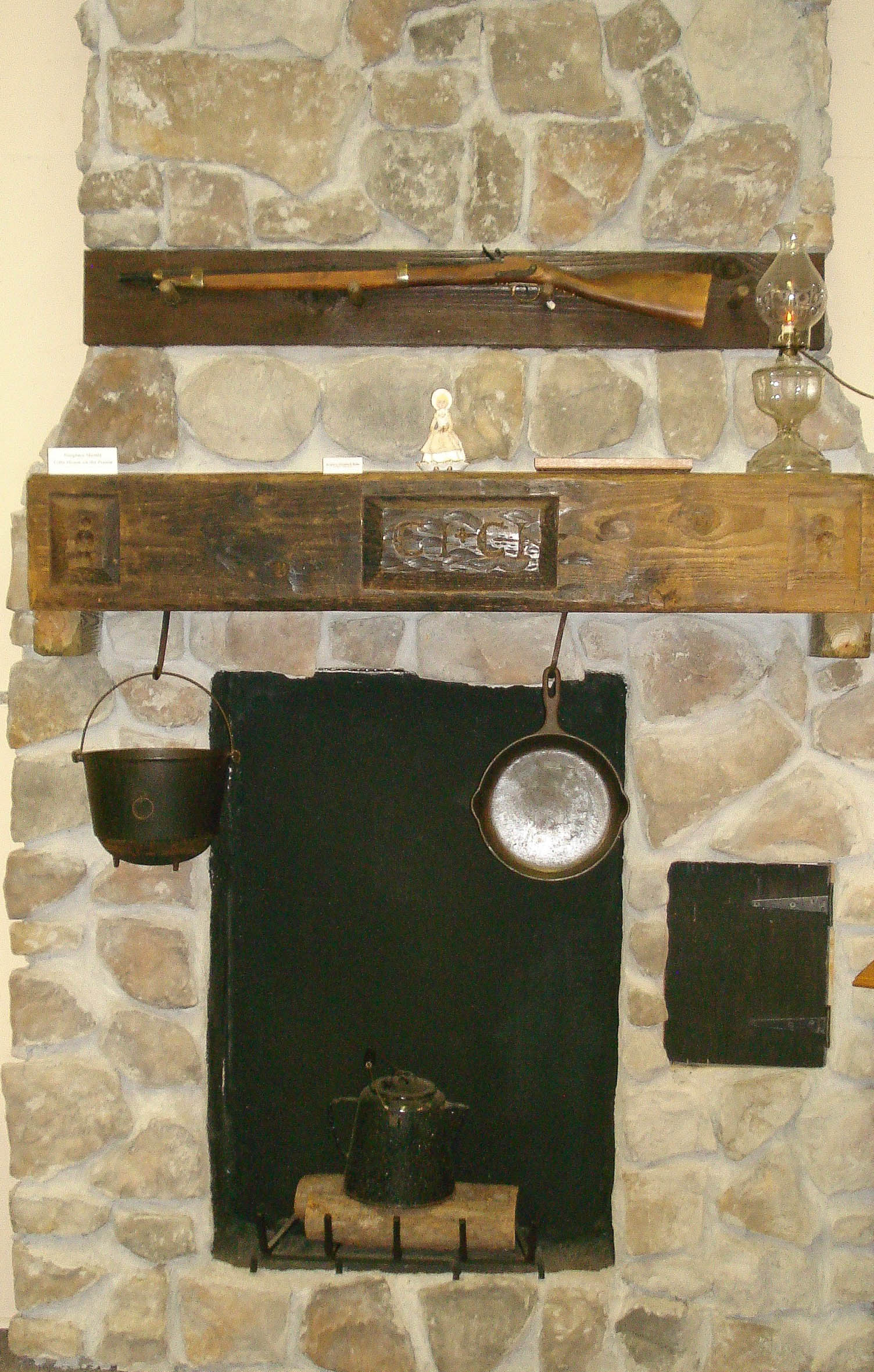
Ah, condo living! Recently I was taking some items down the hall to the recycling room, and I spied two cast-iron skillets, in sizes I didn’t have, that someone had left behind. Yay!
This post contains affiliate links. For more information, click here.
But first, some serious cleaning was in order, as Frank Zappa’s Valley Girl echoed in my mind:
my mother like makes me do the dishes
It’s like so GROSS.
Like all the stuff like sticks to the plates
And its like, it’s like somebody else’s food
So, what to do:
Clean the Cast-Iron Pan
Conventional wisdom says you never wash cast iron with detergent because that destroys the seasoning. Modern wisdom says this is bunk. It will come as no surprise to regular readers that I prefer the conventional to the modern. Except with regard to items I pick up off the recycling-room floor. These pans were going nowhere near my cookware cupboard without a thorough scrubbing.
Put on rubber kitchen gloves. Use a bristle brush and dishwashing liquid to clean the pan. Work as quickly as possible, and never soak the pan in water, as this can cause rust. Dry the pan.
Remove Rust from the Cast-Iron Pan
Using steel wool, rub away all spots of rust. Do not leave a speck. Wash the pan again.
Dry the Cast-Iron Pan
Immediately dry the pan thoroughly with dish towels. Then put it on a burner over low heat for a few minutes. Do not leave any moisture on the pan, or it will rust.
Season the Cast-Iron Pan
Seasoning is the coating of oil that makes the pan non-stick.
Heat your oven to 350 F. Apply a layer of vegetable oil to the pan. Put the pan in the oven face-down on the top rack. Place a layer of aluminum foil on the lower rack to catch any oil drippings. “Bake” the pan for one hour. Turn off the oven, leaving the pan inside until it is cool.
Your pan should now be non-stick. Otherwise, season it again.
Why go to all this trouble?
First, cast iron is great for cooking. Once it’s hot, it stays hot. But more than that, it emits more heat than modern cookware materials. That means that heat rises from the pan, cooking its contents more evenly through.
Second, cast iron is sensually appealing. Cooking is a unique pursuit. It brings out all five of our senses: sight, sound, smell, touch, and taste. Cast iron enhances this sensuality in a way that modern materials simply can’t. It’s visually more attractive, and it feels richer, weightier, grittier.
Third, cast iron links us with our past. The earliest known uses of cast iron date back to around the third century in China. It became popular cookware in England and made its way to America in the 18th century. I can’t think of cast iron without picturing a pot hanging above the fire in a tavern hearth, while patriots swig whiskey and refine the ideals of English justice into the idea that is America.
Cast iron was so essential to daily 18th-century life that Adam Smith noted that pots and pans made of it were “worth more than gold” in The Wealth of Nations, one of history’s most important books explicating how prosperity is created.
To me, it’s part of prosperous living in the fullest meaning of the term. It enlivens a daily task with both my sensual and my intellectual passions. And that’s hot.

After my misspent youth as a wage worker, I’m having so much more fun as a blogger, helping other discerning travellers plan fun and fascinating journeys. Read more …
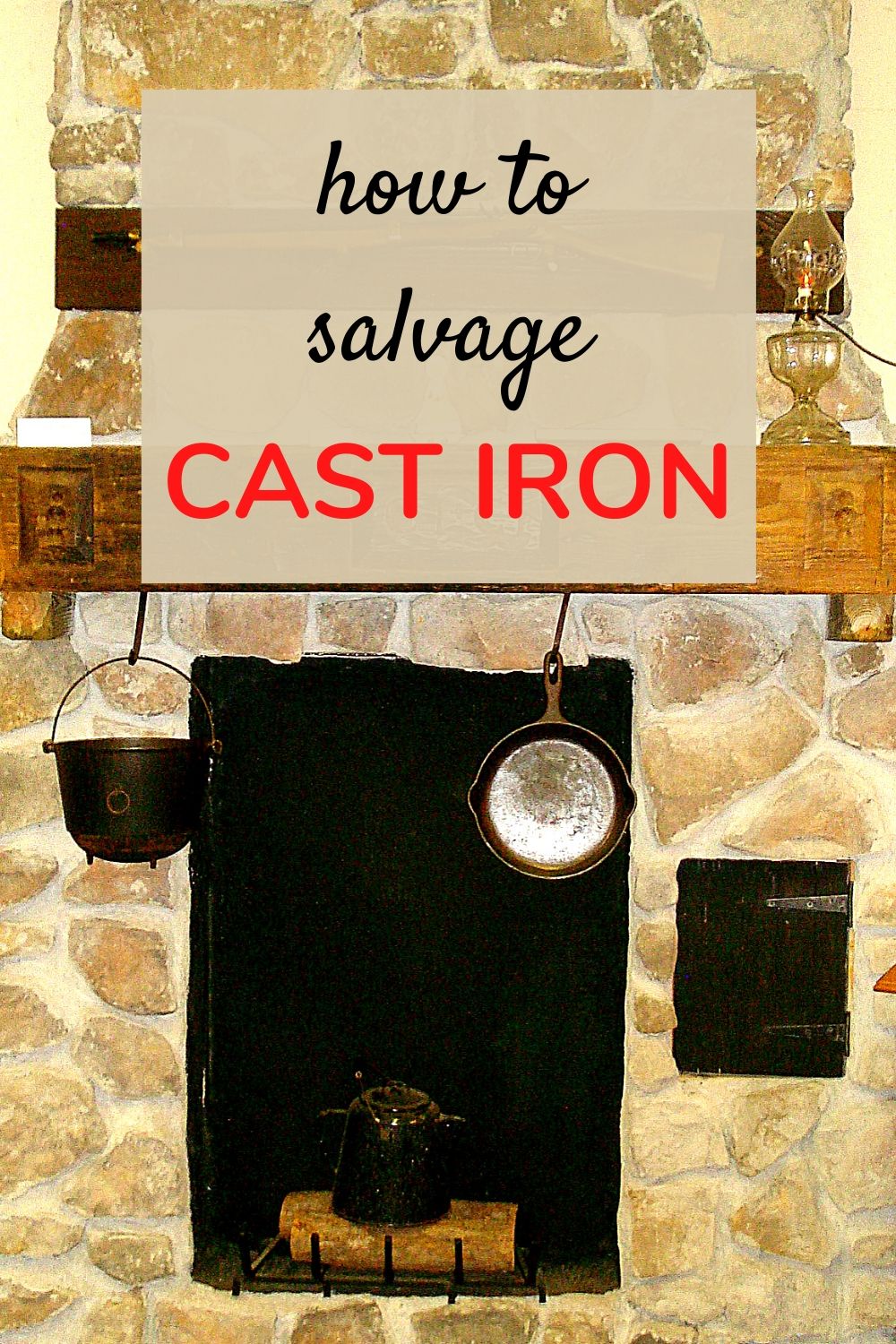
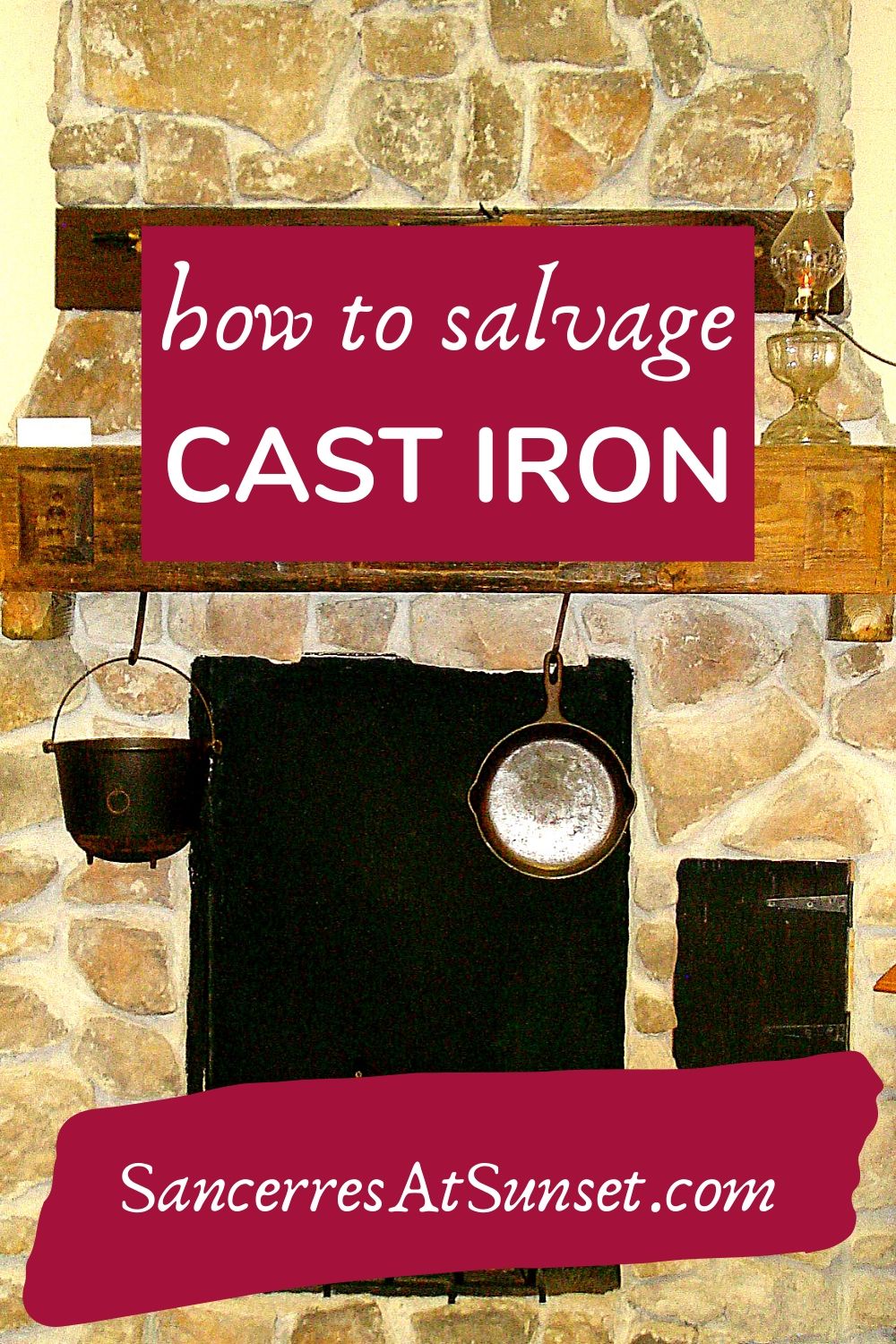
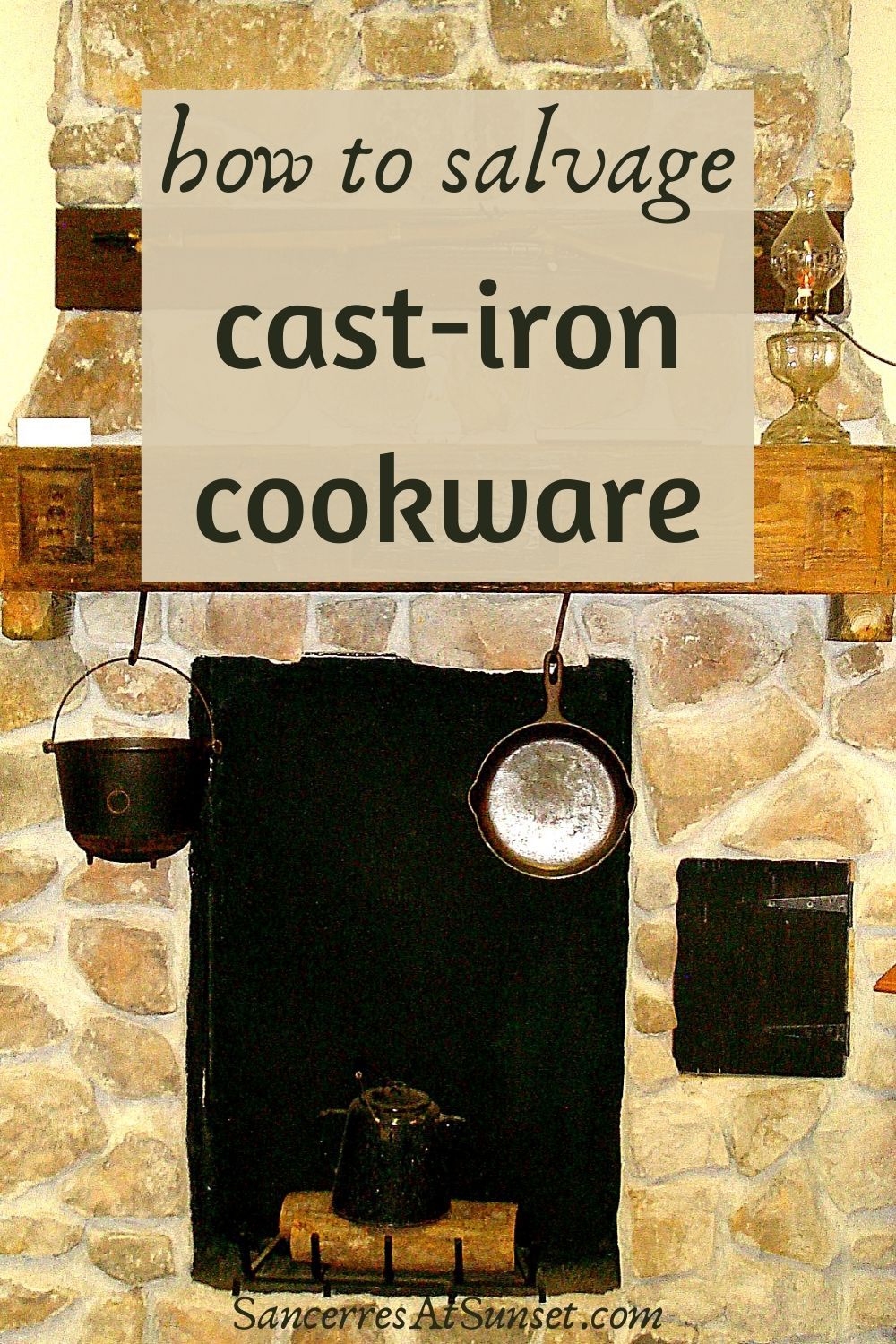
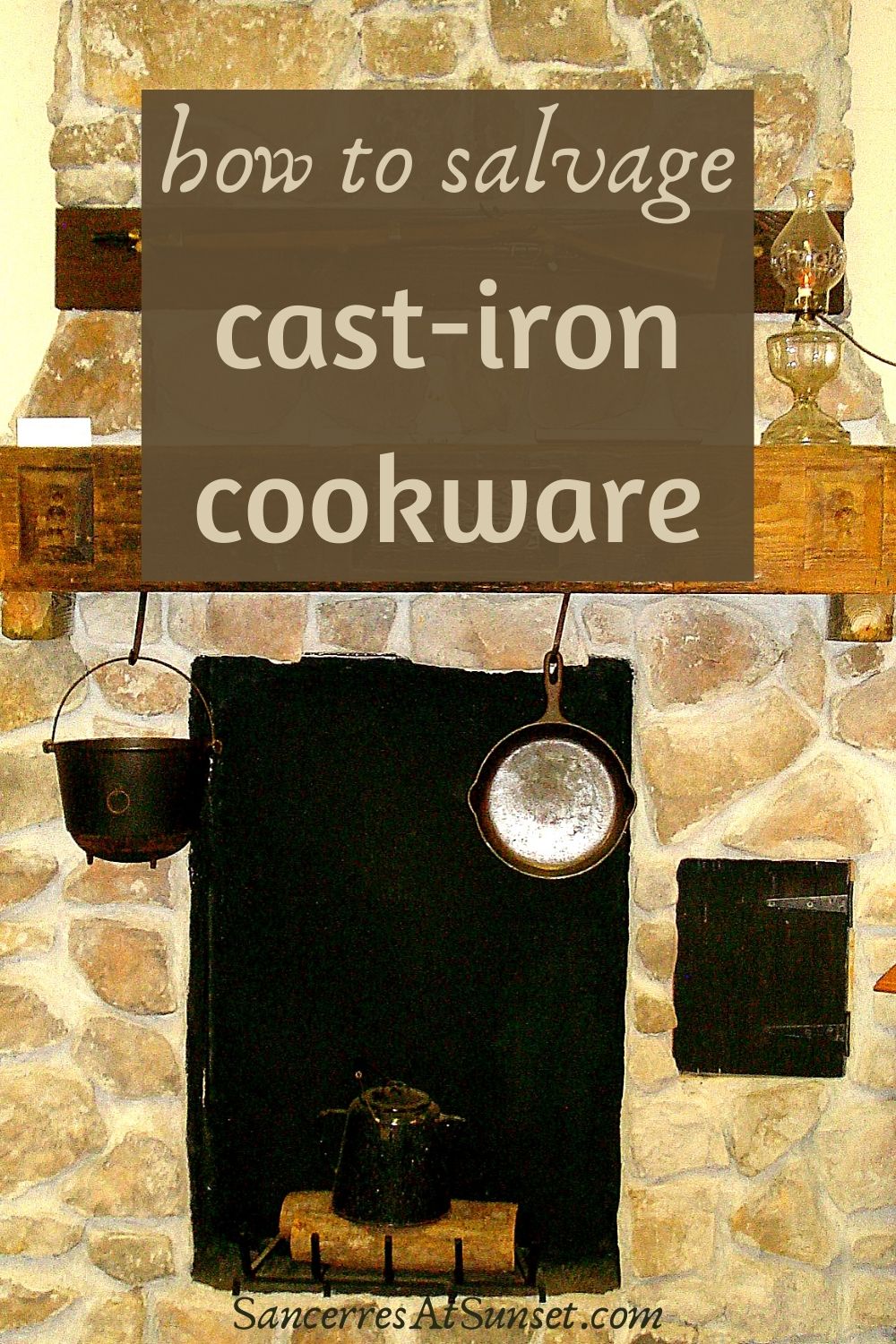

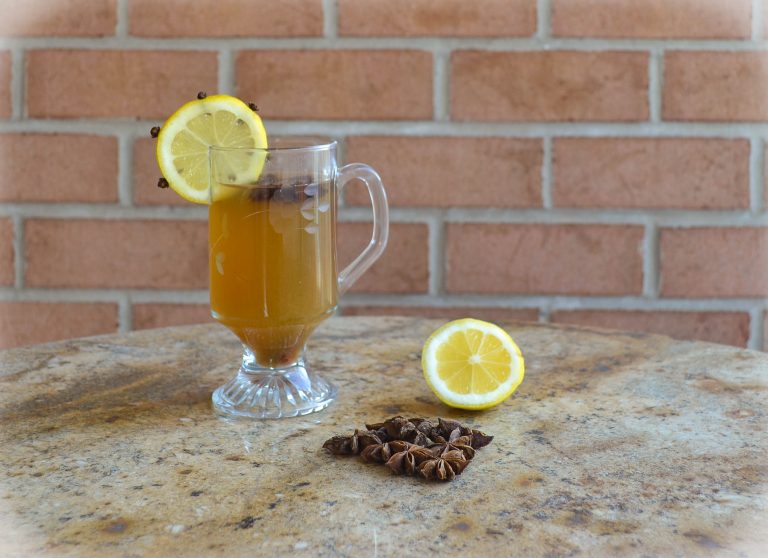

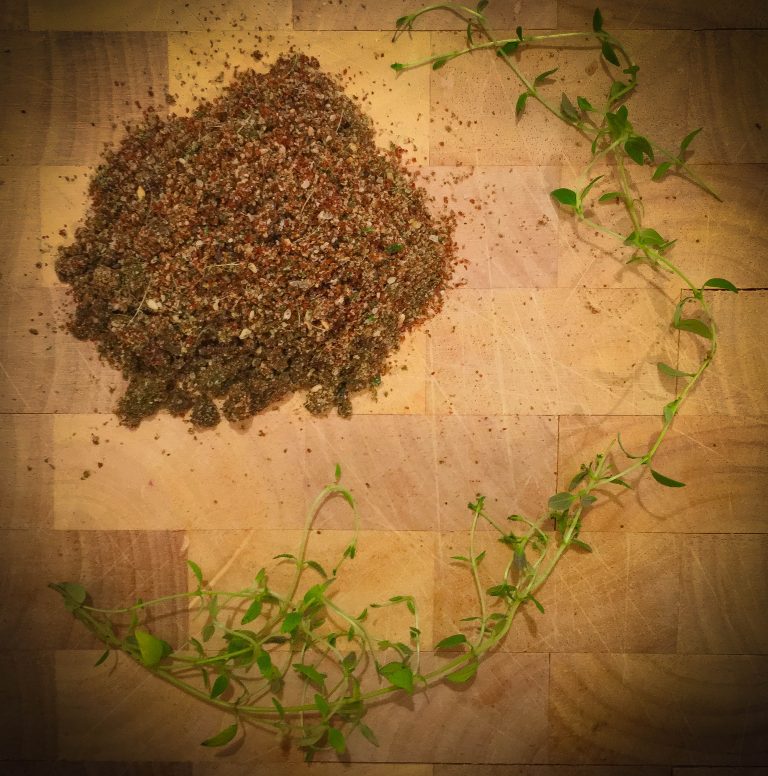
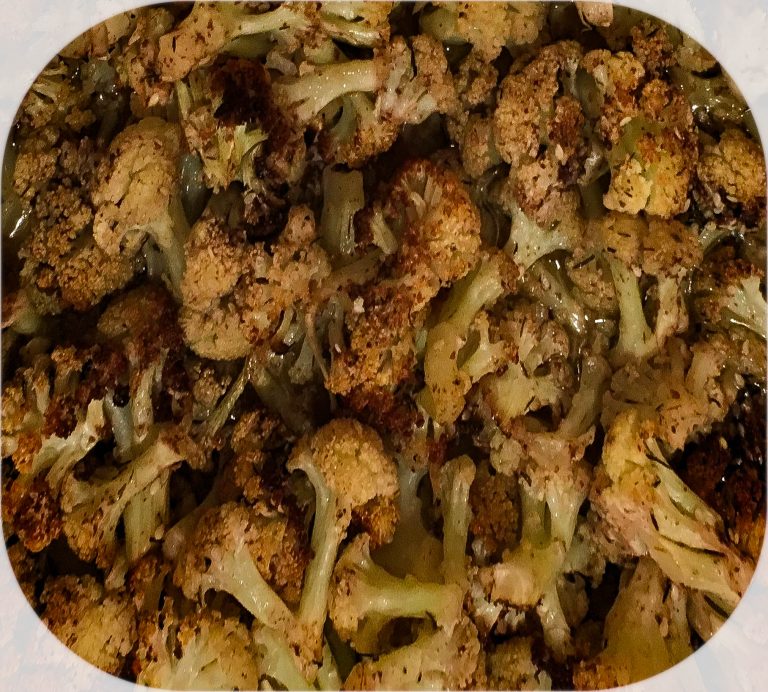
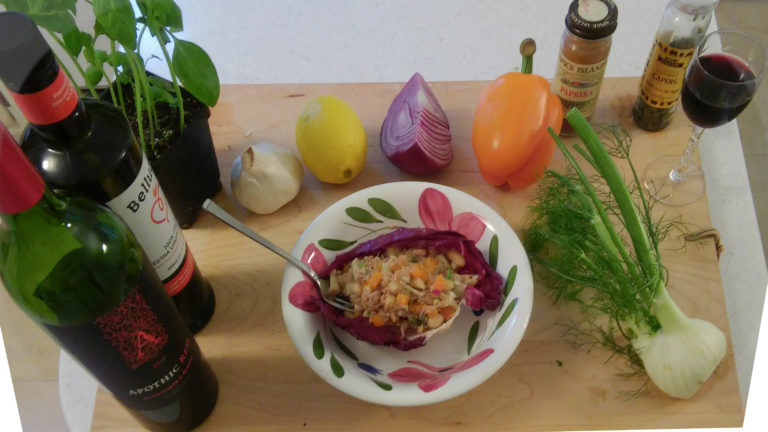
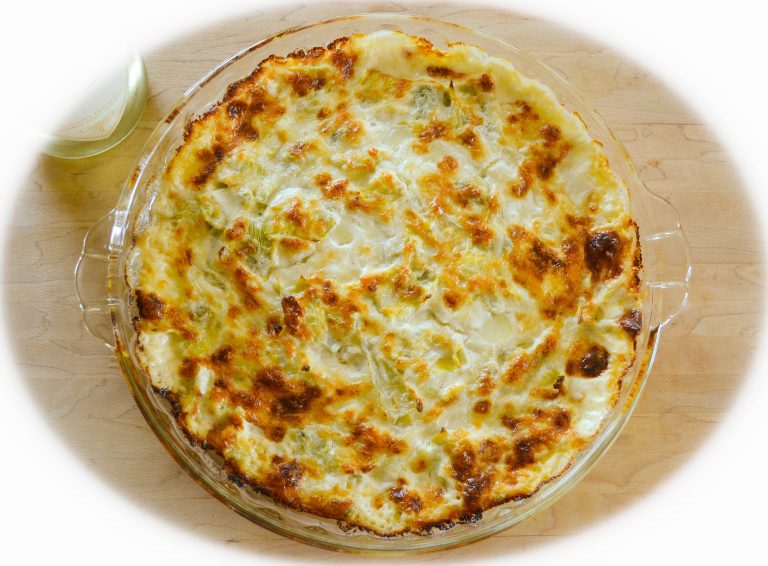
Cast iron is my favorite! I am an avid junkin picker. I am always drawn to the cast iron. I enjoyed reading the history of cast iron. I also love to use things that connects us to our past.
-Kim
What a great find! I love cooking with cast iron and am always on the lookout for more. It’s great that you can just season them and they become nonstick and they really cook so evenly. Great tips!
Thanks for this. I have a cast iron pan that I have not used in years because of the cleaning issues!!!
These are wonderful tips for seasoning my cast iron. I love getting new cast iron at auctions so these tips are really helpful.
I pinned this because I am going to follow these steps next week and salvage my cast iron pan!
Thanks, Charlene, I’m so glad the post is helpful for you!
I love cooking with cast iron! I only have a few pieces but the way it cooks is so much better, and once your pan is seasoned cleanup is easy. We use a dutch oven when camping, and it is some easy to cook a whole meal in one dutch oven.
Wow, Marilyn, camping with cast iron, that is impressive!
My dad buys cast iron at auctions every time he finds it cheap, so my sister and I both had a complete set before we even had houses. I rarely use anything but cast iron.
Wow, Christa, that’s great!
I’m so glad that I came across this post! I was going through some of our cookware and noticed that my cast iron skillet had some rust. I’m going to try your method for refurbishing it! Karen
Thanks, Karen, I’m so glad you found the post helpful!
I love cast iron things because it makes me feel like the old days. I have an old soul or so I believe I do even though I am nearing 31. I always feel connected to traditional oldish type things like cast iron, farms, farmhouses, anything that isn’t really modern. I have a cast iron pan and I love it. Thanks for sharing how to keep it in good condition.
Thanks, Chelsea, I’m definitely an old soul too!
I too love cast iron! This is a great post with great instructions on how to take someone else’s “junk” and turn it into treasure!
Thank you, I’m glad the instructions are helpful.
I love love love cast iron! Then I moved into a place that had a glass stove top that would not allow for cast iron. I cried!
Oh, no, Holly, I hope you can get a new stove top!
This post was perfect for me. I have a cast-iron pan which I love but have been sitting all rusted for a good while now because I never bothered to research how to fix it. Now I know what I will be doing this afternoon
Thank you for making the steps so clear.
Thanks, Rachel, I’m glad the steps were clear, and I hope you’re enjoying your cast-iron pan anew!
Turning the pan upside down in the oven is the step I always forget. Luckily, my husband usually does the seasoning. Cast iron will last forever if you take care of it. I’m using my grandfather’s old skillets which are at least 80 years old.
Thanks, Tracy, isn’t it so nice to use things that connect us across the generations? I’m so glad my mother and grandmothers taught me to save and take care of things.